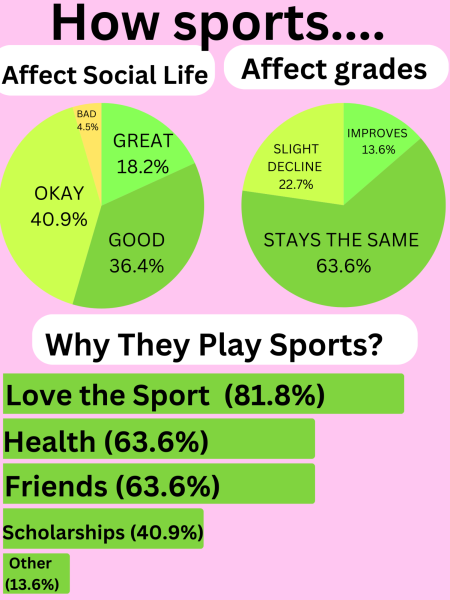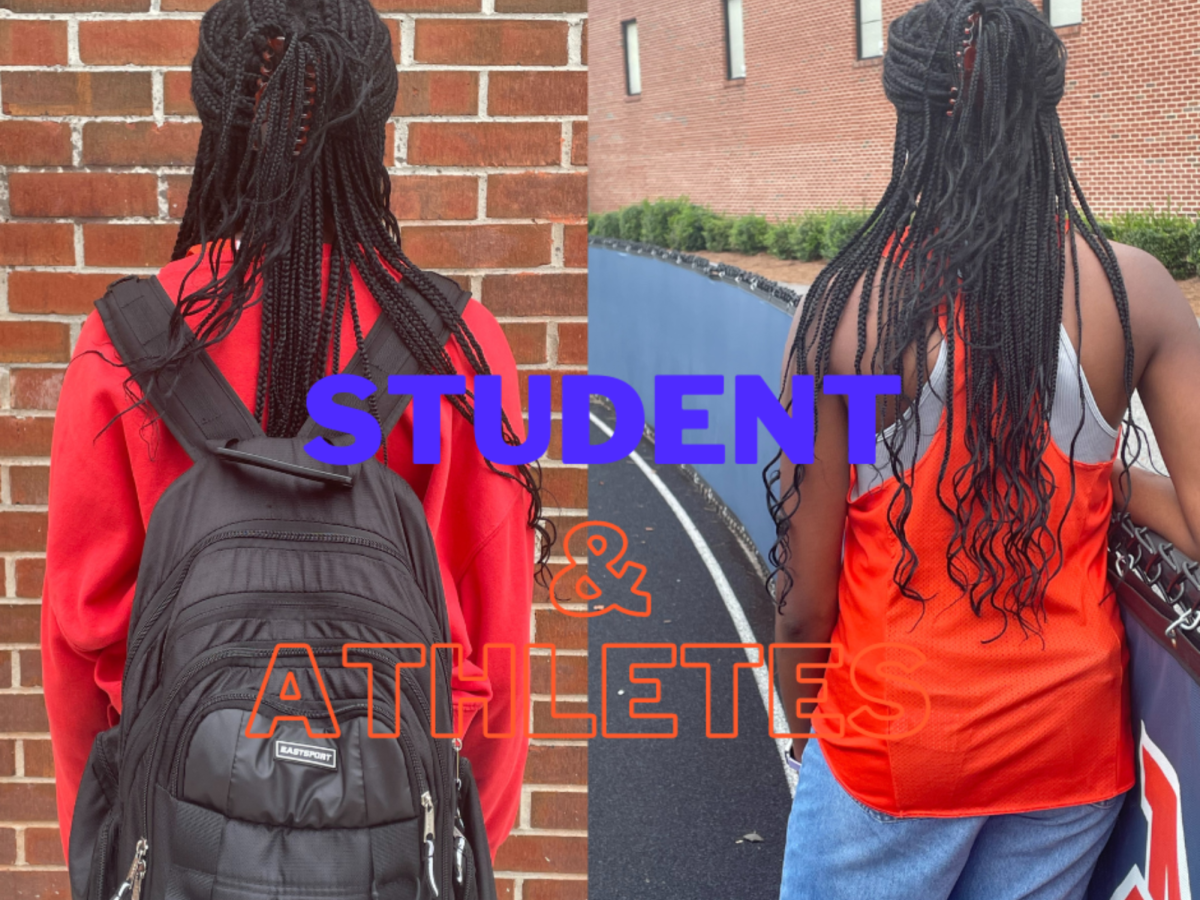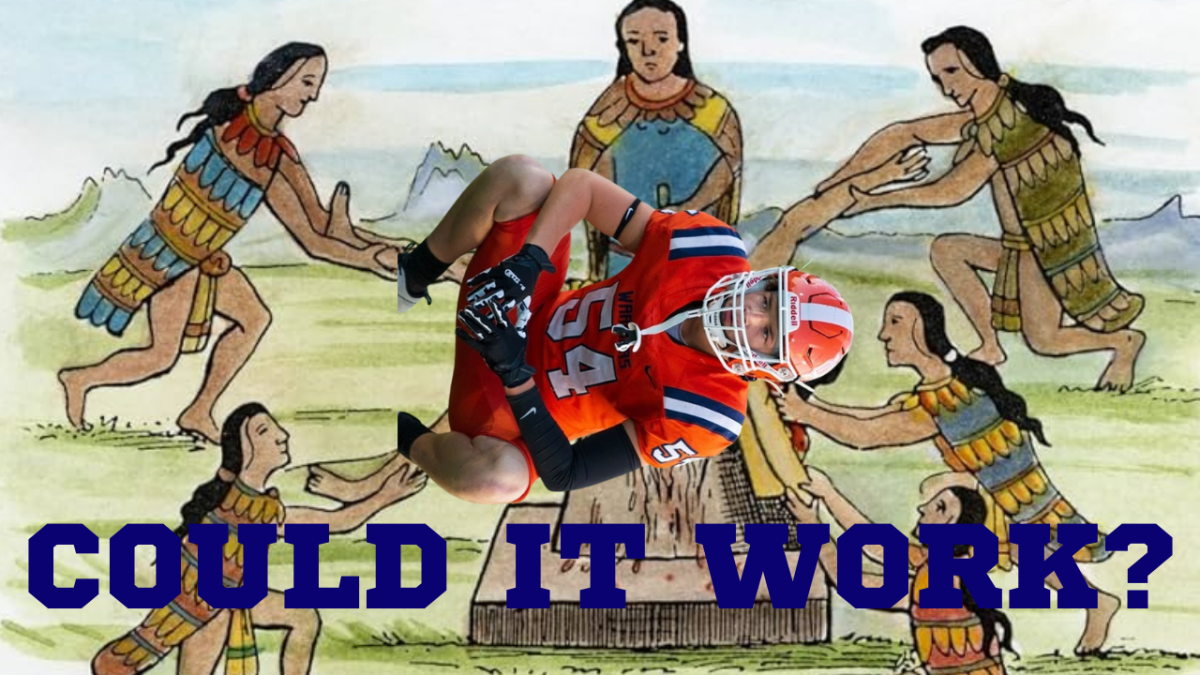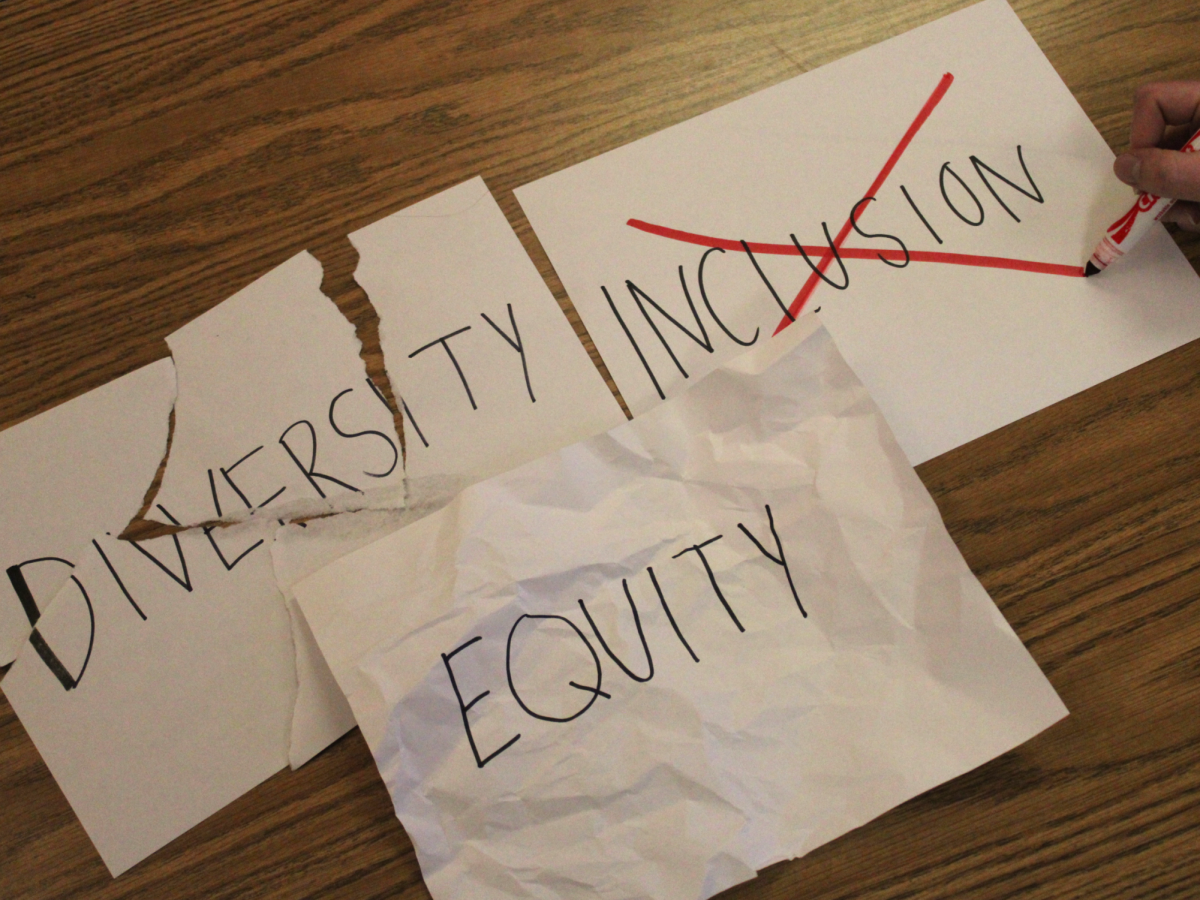High schools such as NC offer a wide variety of sports for numerous students to participate in. Plenty of students take part in sports because of the advantages that come with participation such as increased concentration and strong friendships and for students, participating in a sport while still in school brings greater experiences and provides them with social advantages. Since balancing both school and sports could help students in the future, the social and academic benefits outweigh the cons.

Others may say that the negatives of participating in a sport do not outweigh the cons. The risk of injury could cause students and parents to question the idea of joining a sport. Students may experience negative effects from adding task to their already heavy mental load. Students may feel overwhelmed by balancing both academic obligations and athletic obligations, causing students to feel overwhelmed and stressed. School requirements must be fulfilled; athletic obligations do not. Students who do not play sports because they prioritize academics over other activities constitute as a common idea among the general population.
The primary worry of numerous parents when their child participates in sports concerns the potential of bodily harm. Numerous instances have occurred when students have suffered from terrible injuries due to their sports, however, teens and kids get injured through non-sports related activities. When playing both contact and non-contact school sports, coaches and athletic departments establish measures to prevent injuries if the child’s safety remains a worry. Furthermore, not all sports prove physically demanding; specific sports in which serious injuries remain uncommon do exist. Preventing injuries in sports like football or wrestling may appear difficult, but schools still take the necessary precautions to protect student health. Other sports such as golf and tennis pose less of a risk of causing serious sports-related injuries.
The mental toll of a student-athlete also concerns parents and students alike. Sports participation may lead to students developing unhealthy performance pressure or tying their self-worth to their sport, but these effects remain easily avoidable. Parents reminding their children that everyone experiences wins and losses and that there remains someone better than them becomes crucial in teaching good sportsmanship. Parents and coaches should remind the students that everyone wins and loses and there will likely always remain someone superior to them. If a student’s support system celebrates their wins and encourages them when they lose, they will not develop unhealthy performance pressure. Other ways to avoid the intense negative emotions in sports include establishing a mentality by honoring effort over achievement, maintaining good sportsmanship and extending encouragement. Sports also offer great avenues for friendships and socialization. According to a survey conducted by The Chant, 63.6% of NC student-athletes play sports because of their friends. Communication with people with similar interests such as their sport benefits students. Furthermore, 95.5% of NC athletes rate their social lives as student-athletes as “great” to “okay.”
“The mental aspects are stressful but it teaches how to work under pressure and not to give up whenever you’re struggling. Being an athlete has opened doors socially because I know a lot more people just being an athlete,” varsity NC softball player and magnet sophomore Alyssa Russell said.
Majority of the parents want their children in sports but not during the school year due to its potential negative effects on academic performance. The majority of sports teams require a maintenance of grades to continue playing the sport. This may encourage students who want to play a sport to keep up with their grades. NC’s student-athletes did not express any major grade decline:22.7% reported that their grades declined, but did not experience a substantive change to receive a possible link to sport-involvement. Playing a sport could also benefit the students by developing the skills needed to multi-task. Since they would do two activities that require time and effort, they would learn skills needed to manage additional and more challenging activities. Participating in sports could lead to additional opportunities such as scholarships. In the survey, 40.9% of NC students participate in sports for the scholarships. Participating in sports provides students with an extra way to earn a scholarship or to make them well-rounded in college applications.
“I think being an athlete opened more doors for me socially and academically. The mental aspect of being a student athlete includes a lot of drainage but it also gives you a sense of purpose. I am incredibly grateful that I can play the sport I love and excel in my studies,” varsity soccer player and magnet sophomore Diya Mohan said.
Students should participate in sports to become well-rounded. While involved in sports, students can develop skills and opportunities that remain only available to those who play sports. All students should explore sports as an avenue of sports since the benefits of doing so outweigh the cons.










